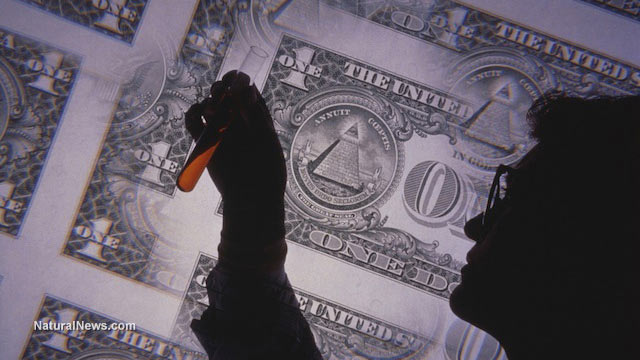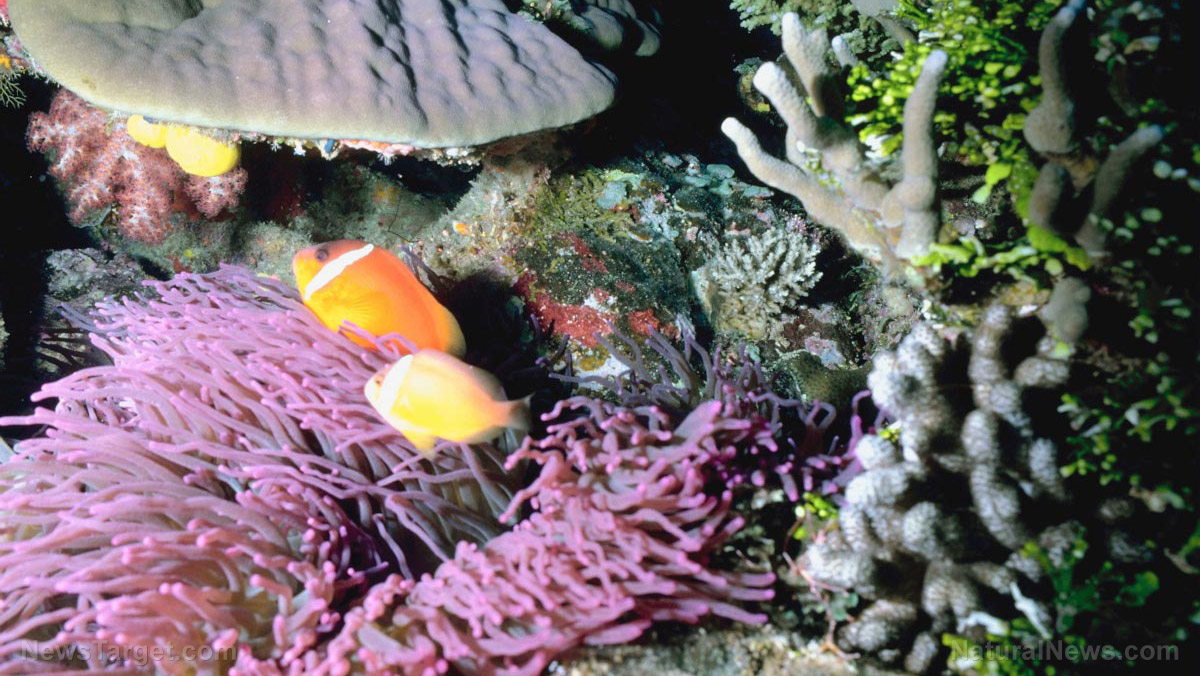Dirty money, dirty science: How the GMO industry really operates
05/09/2017 / By News Editors

The biotech industry’s web of attempts to buy credibility, by laundering its messages through supposedly independent academic scientists, is unraveling and beginning to reveal the influence of a huge amount of industry money on the independence of academic agricultural science. Some of this process was revealed recently in The New York Times. Many of these efforts to influence policy or public opinion start with industry staff emails, including suggested topics, points, and themes, which are then laundered through the credibility of academic scientists. It is a matter of academic scientists promoting positions and arguments of the industry, not merely a sharing of positions that each party already held and were acting on.
(Article by Doug Gurian-Sherman republished from Foodtank.com)
The emails from several academic scientists linked in the NYT article show numerous instances of industry personnel, such as Eric Sachs of Monsanto, in ongoing dialogue with academic scientists, including strategizing about how to influence policy and how academic scientists can carry out industry desires.
A deeper dive into the emails coming forward through this article and from U.S. Right to Know public disclosure efforts shows a broader and more troubling picture of influence peddling in the agricultural sciences.
The overriding issue is the huge amount of money from the biotech and industrial agriculture industries pouring into public universities, and the corrosive effect all that money is having on the independence of science. Evidence suggests that biotech industry influence is a pervasive problem, corrupting science and distorting public discussion. It extends much farther than the specific examples provided by the New York Times article. As with the climate change debate, where a powerful fossil fuel industry is slowing response to an environmental and social disaster, the biotech industry and industrial agriculture more broadly is delaying choices that would move us toward an urgently needed sustainable and just food and agriculture system.
The emails linked to the New York Times article also reveals some of the many other academic scientists, who have vocally supported biotech or panned biotech critics, and were copied on industry emails. We should not implicate scientists in greenwashing or collusion with the biotech industry simply for being copied on emails, or even some communication with companies. It is not clear from these emails whether those other scientists have also engaged in collaboration with the industry, or accepted industry money. But the efforts of many of these scientists to vigorously defend biotechnology or even attack critics have been documented elsewhere.
There is no reason to think this money buys less influence in academia than the widely recognized corrupting influence that money has on politics. Unlike academic science though, no one has illusions that our political process is objective. The perceived objectivity of academic scientists presents a huge opportunity for the biotech industry to influence public opinion in ways it could not accomplish otherwise.
A Tangled Web
Since the NYT article was published, several of these scientists have doubled down, saying that they have been proud to serve a cause they believe in. And I have no reason to doubt their sincerity. These scientists are effective in their spokesperson roles in part because of their backgrounds in molecular biology, the deep interest in which preceded their involvement with the ag biotech industry.
But this misses the point, which is that the collaboration with industry, its public relations machines, such as Ketchum, and access to industry dollars, allows these scientists to amplify their voices with the journalists and the media, the public, and policymakers way beyond what could otherwise occur.
As one small example, Bruce Chassy, an emeritus professor at the University of Illinois, bemoans the challenges of flying economy class (all he can afford, he says) to participate as an invited speaker at a biotech conference in New Delhi. He strongly implies he would not endure such tribulations, and would skip the meeting without industry support. In an August 29, 2011 email to Eric Sachs of Monsanto, he suggests that the ag industry trade group CropLife, of which Monsanto and other biotech companies are members, pay his way (Chassy was listed as a speaker at the event). In a separate email, Monsanto’s Sachs also suggests to Chassy that he participate in an American Medical Association meeting to try to dissuade the AMA from supporting mandatory labeling of GE foods.
Read more at: Foodtank.com
Tagged Under: American Medical Association, biotech industry, corrupting science, Monsanto, New York Times, NYT, science
RECENT NEWS & ARTICLES
COPYRIGHT © 2017 ENVIRON NEWS




















